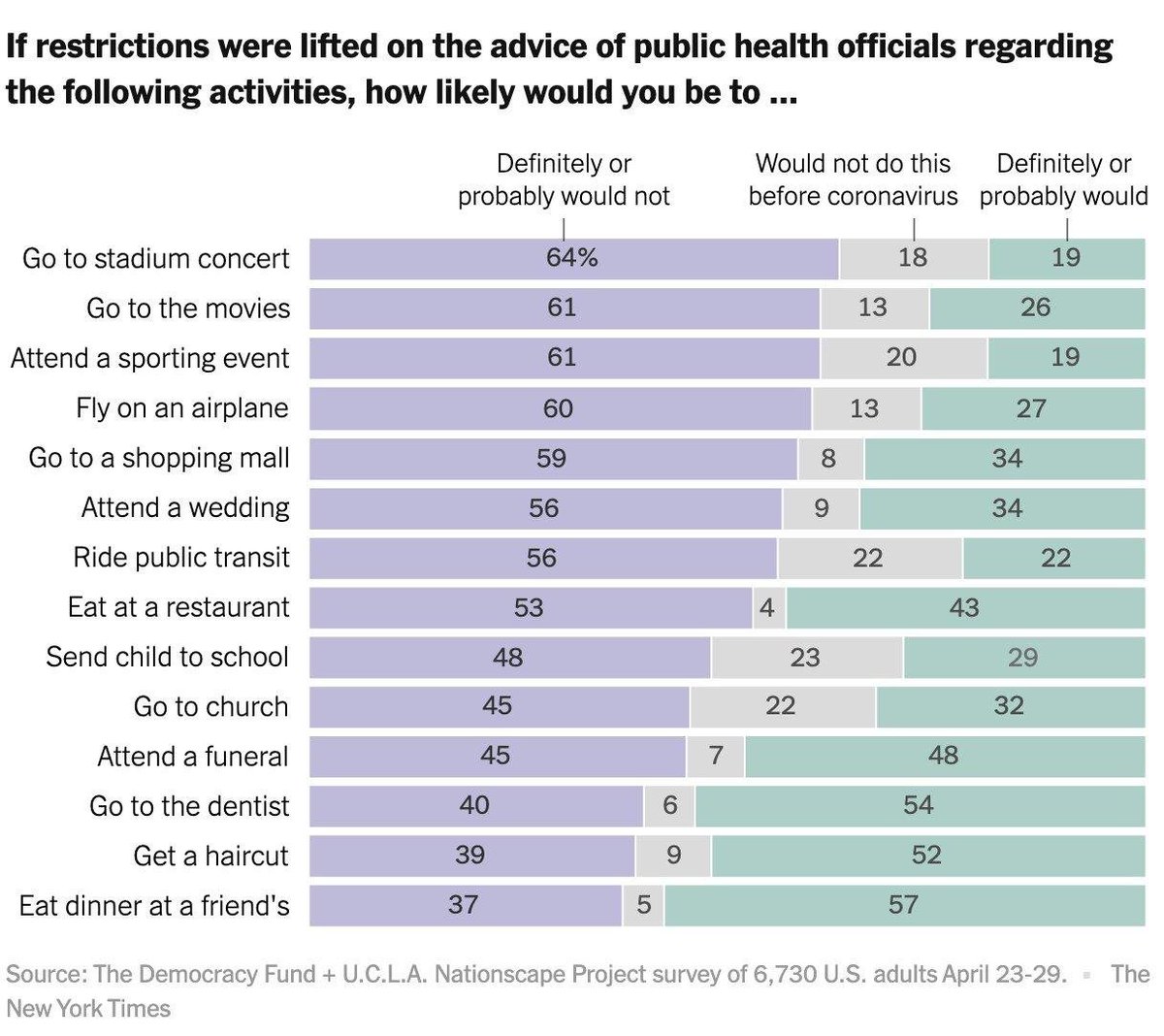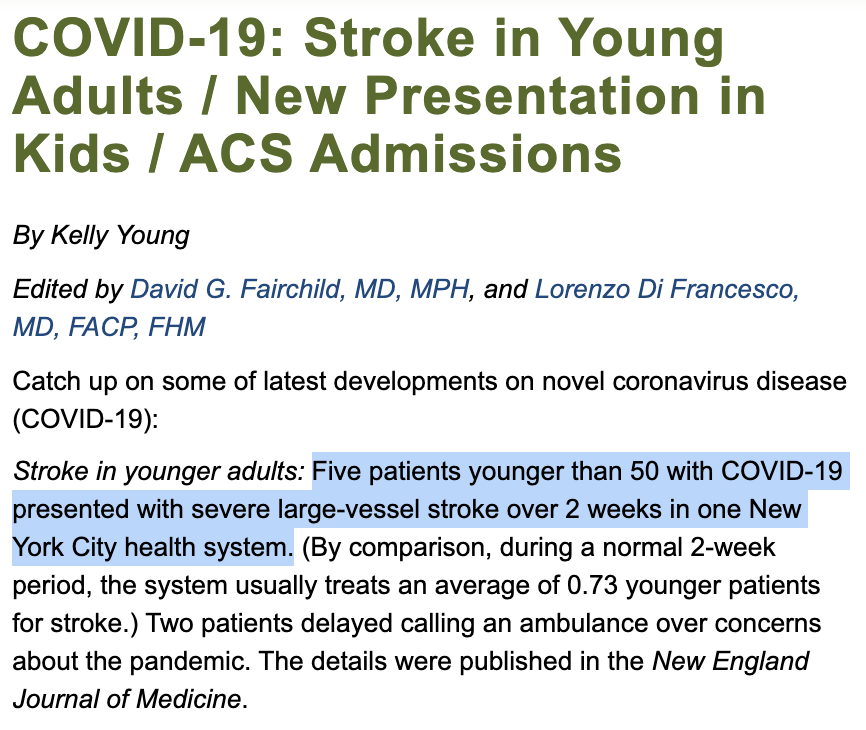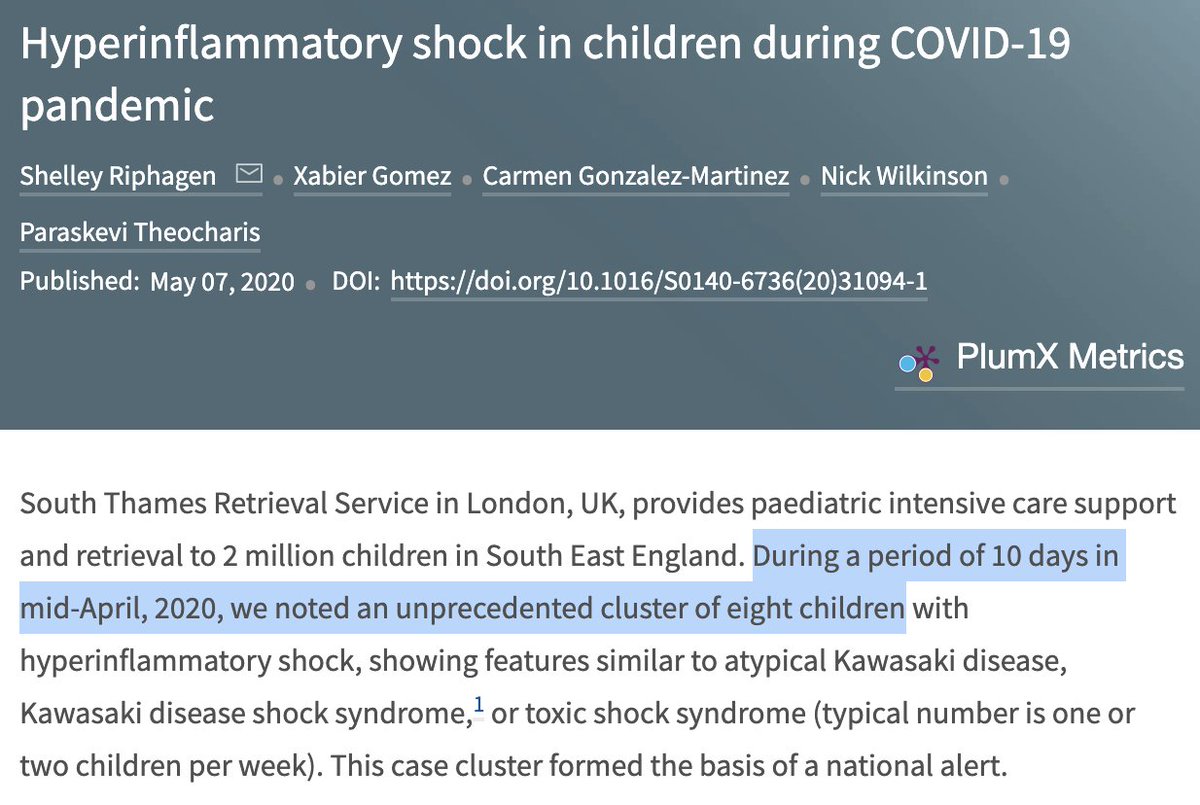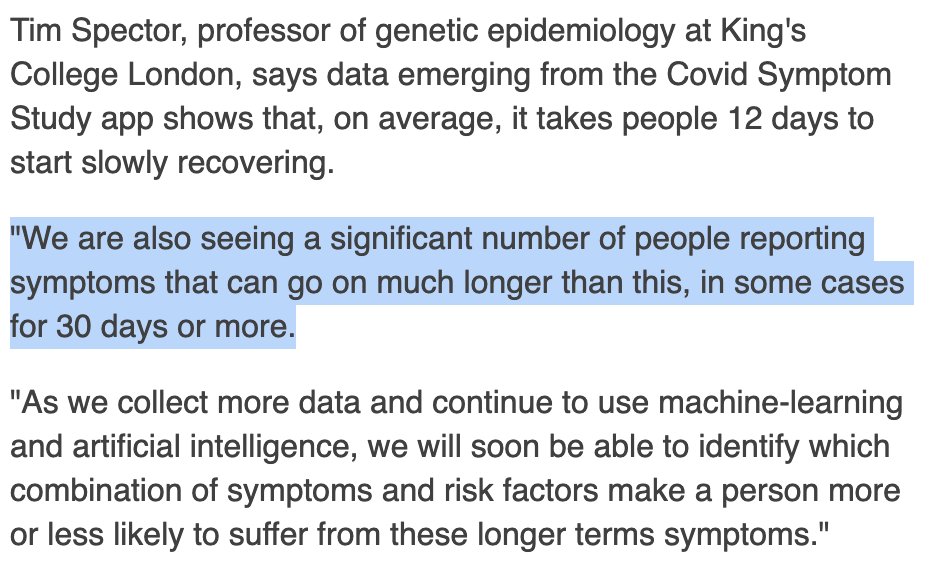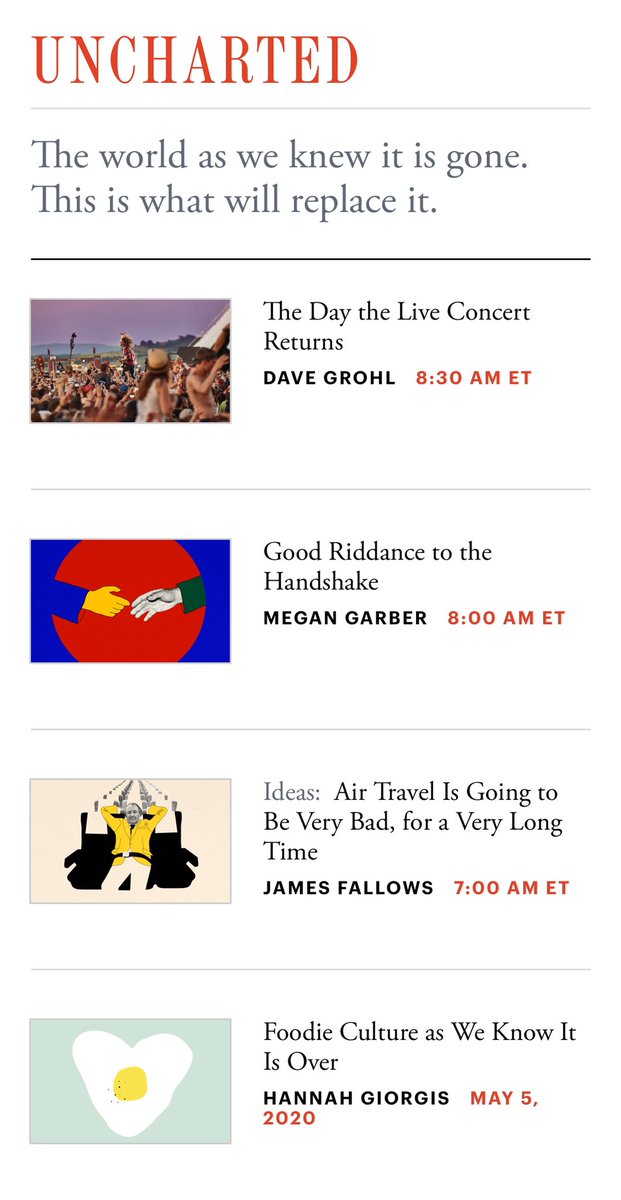Some of your customers are risk averse. So society's inability to control the virus means that all kinds of previously cheap transactions have now soared in price.
Our society is explicitly premised on the presence of electrical power. And implicitly premised on low risk of serious infectious disease.
When the health goes out, some businesses don't work.
Early reports from China put the median age of admitted patients at 47, with ~41% of severe cases under 50.
nejm.org/doi/full/10.10…
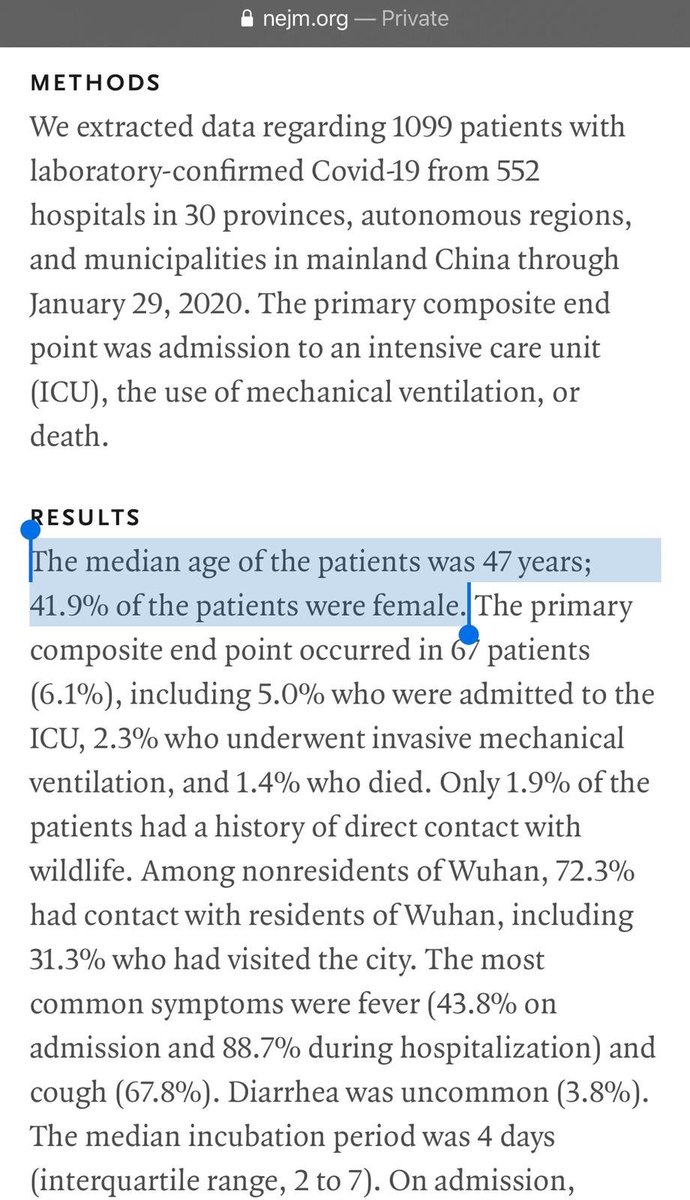
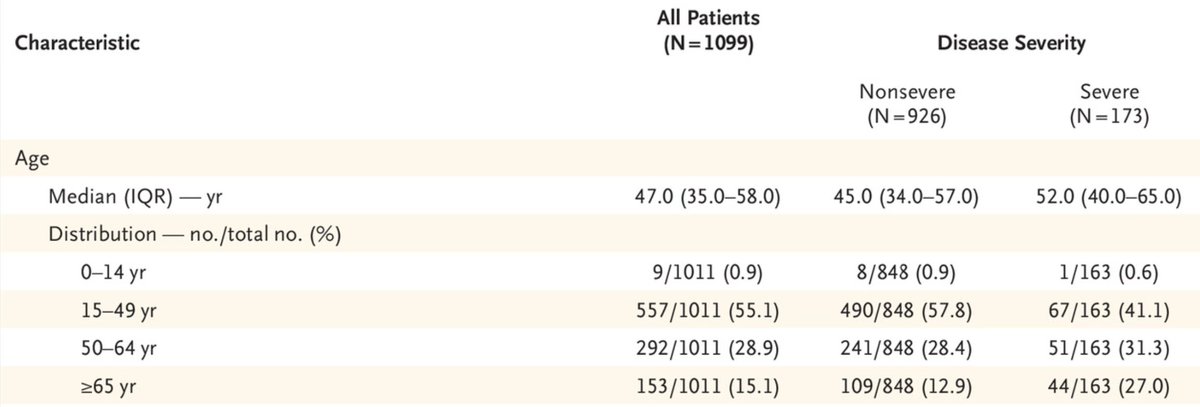
1) US sample: 25% of hospitalizations were under age 50
cdc.gov/mmwr/volumes/6…
2) UK sample: ~20% of hospitalizations under age 50 (from eyeballing top row of graph below)
medrxiv.org/content/10.110…
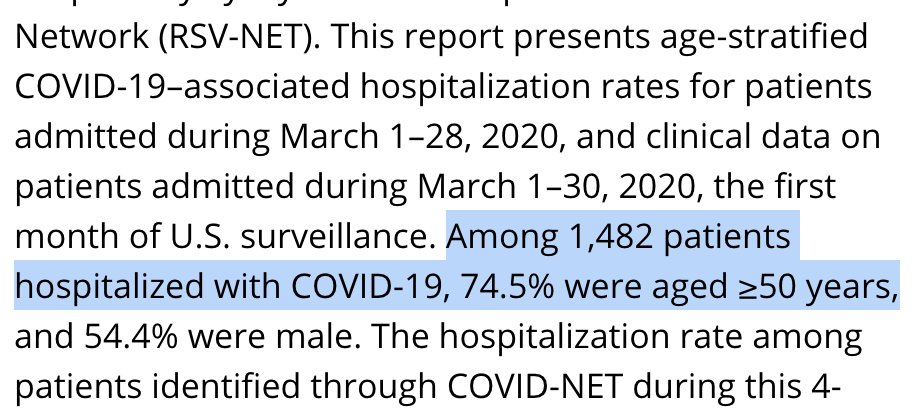
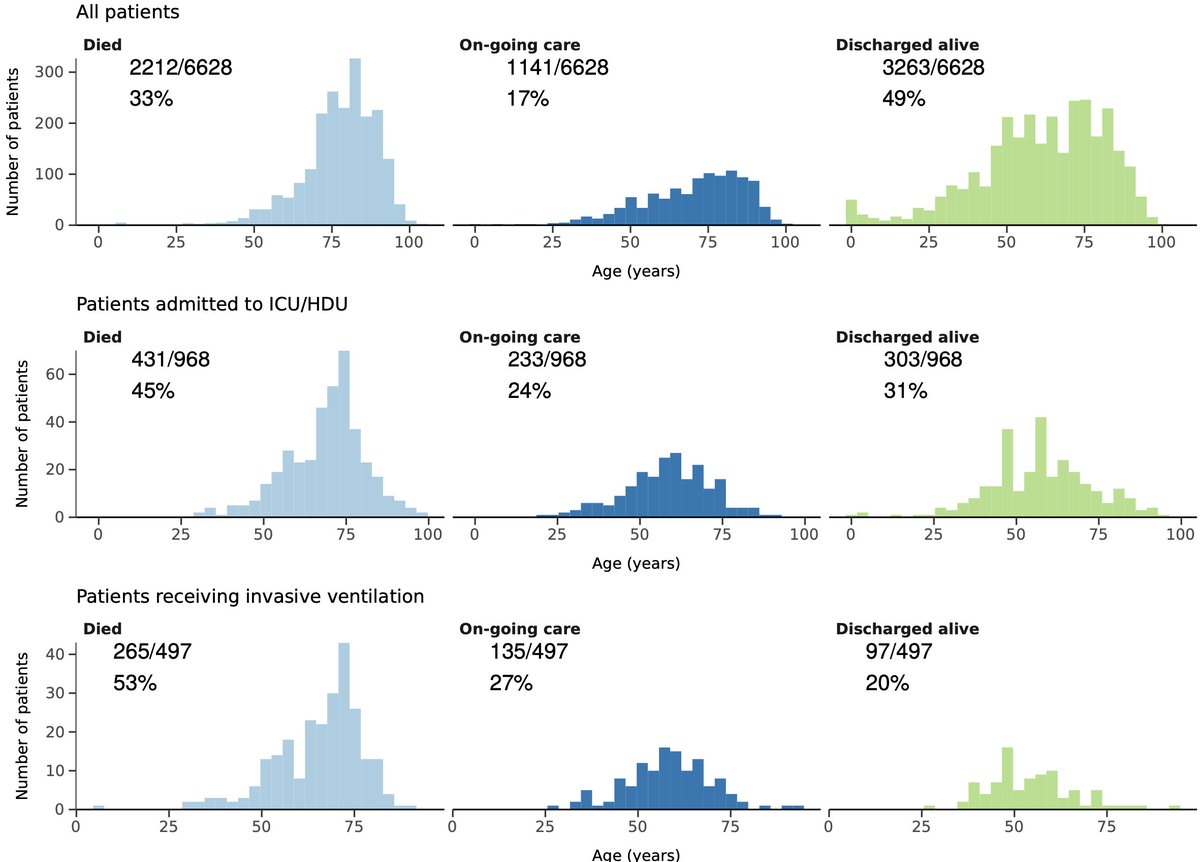
A big difference, but not 10X different. Maybe explained by poorer health in China or older societies in the West. Or some other factor.
BBC
bbc.com/news/health-52…
Guardian
theguardian.com/world/2020/may…
BMJ
blogs.bmj.com/bmj/2020/05/05…
Science
sciencemag.org/news/2020/05/f…
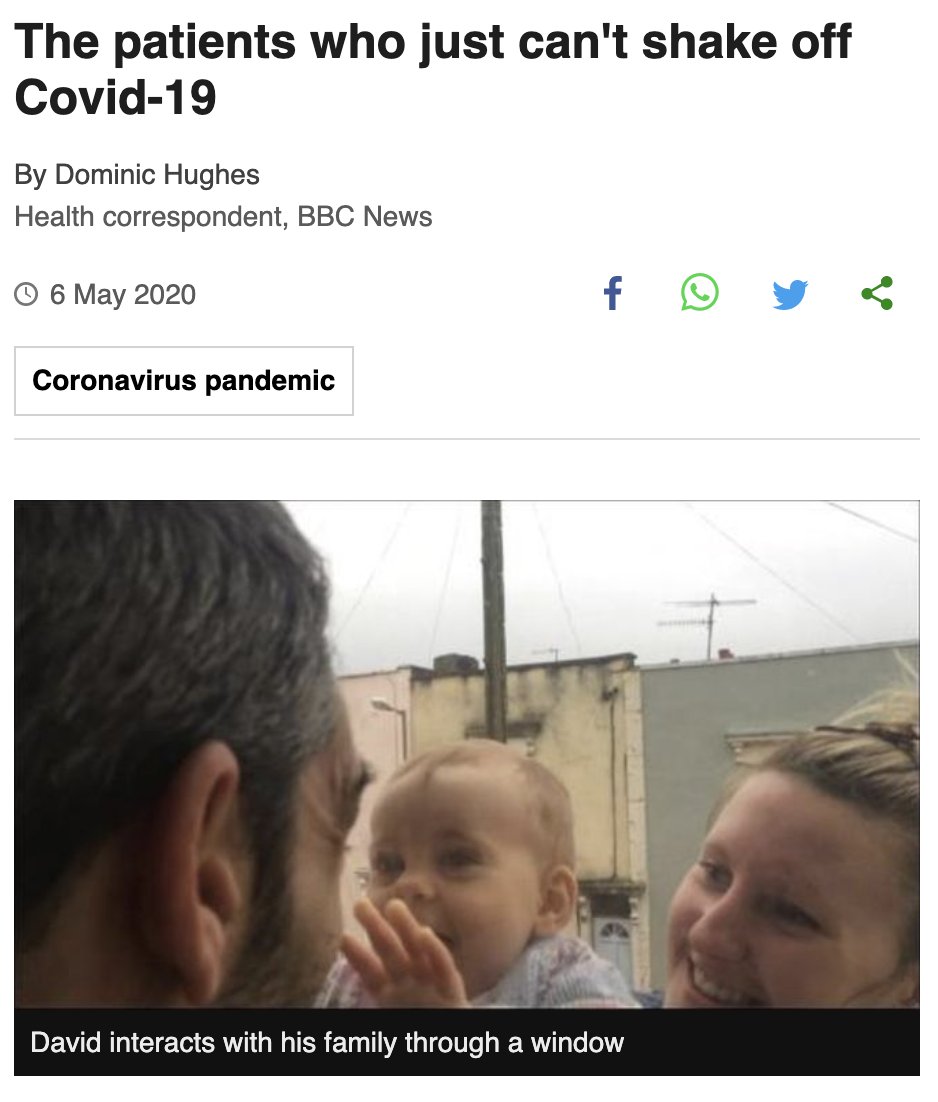
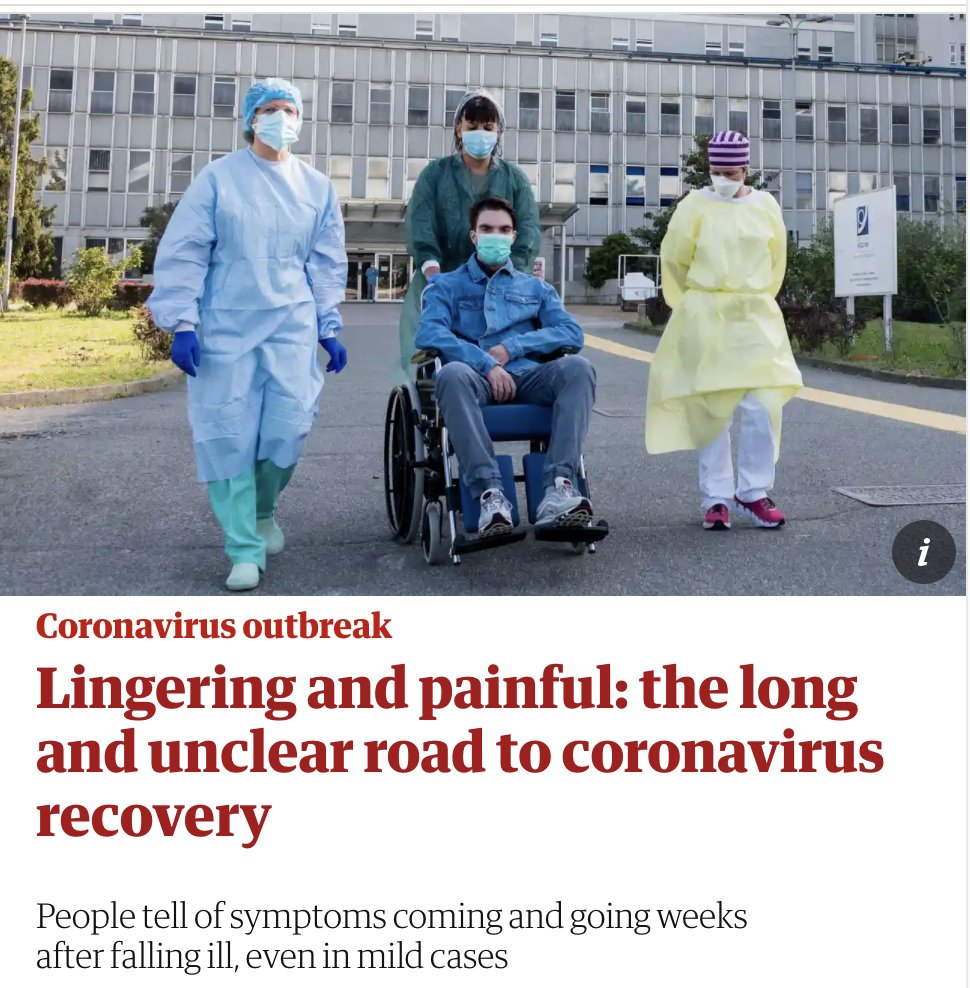
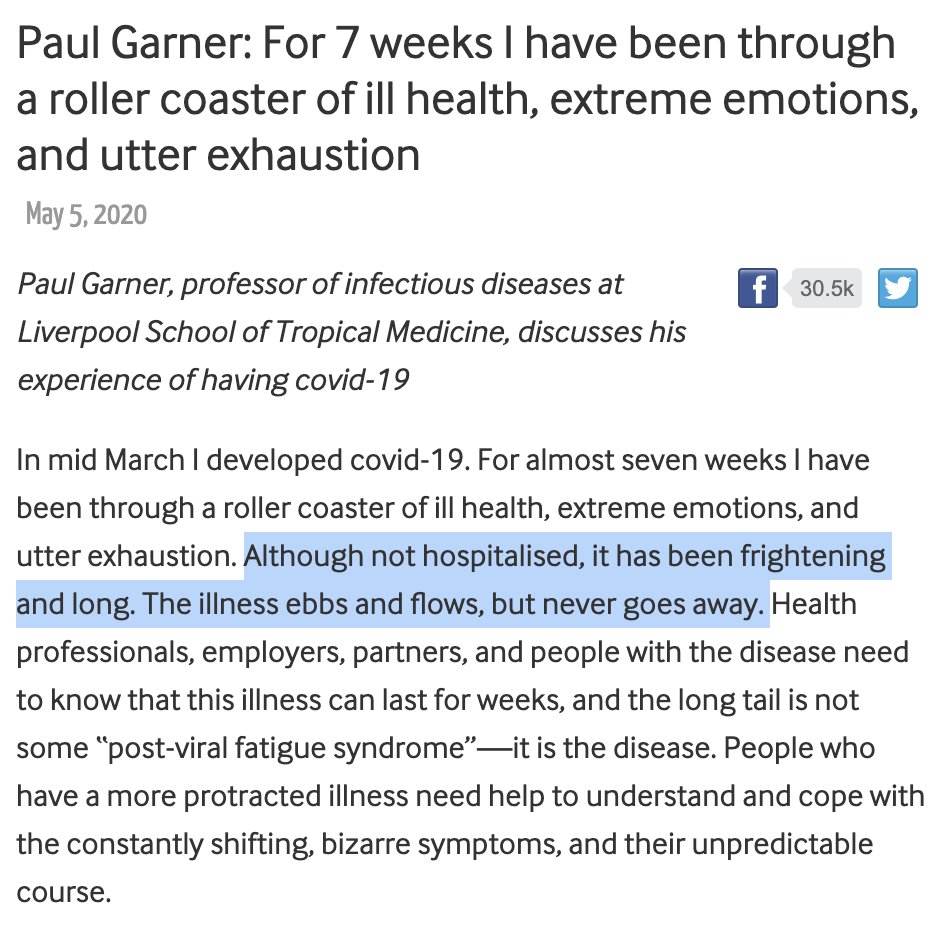
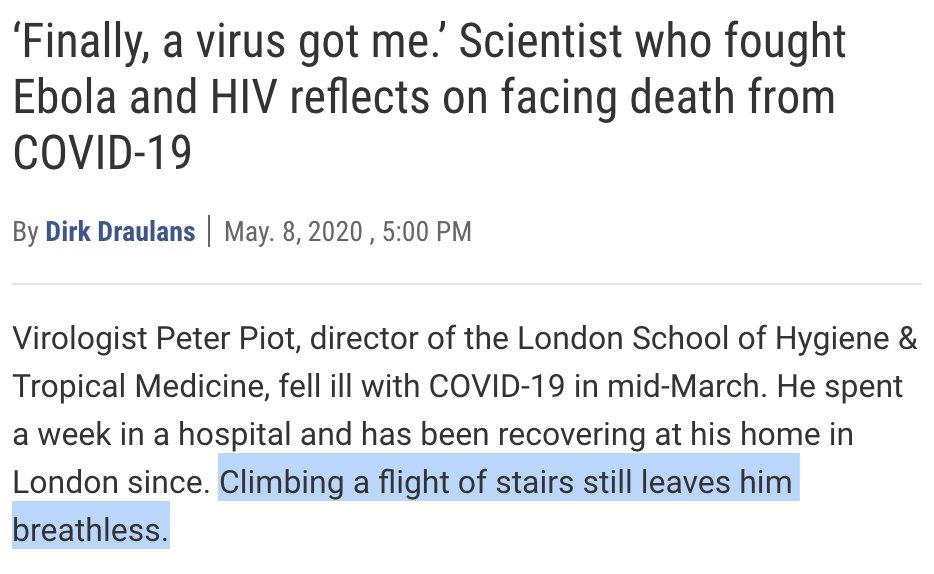
Policy-wise, other countries have controlled corona. That may yield the best long run health *and* economic outcomes.
But the US isn't implementing ideal policy. It's reopening in highly variable ways.
What then?
- pay for virus control (Purell, etc)
- compete with digital alternatives (theaters vs streaming)
- attract customers who suddenly have less disposable income
That's a huge set of new costs.
They need to buy masks, Purell, etc on top of disrupted supply chains, shifted consumer demand, and all the issues of cargo cult lockdown.
It's rational to be cautious given the data.
That caution translates into increased operational costs in many ways.
And many businesses (through no fault of their own) don't offer enough benefit to offset that cost.

